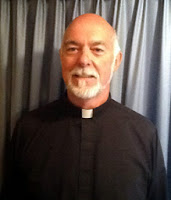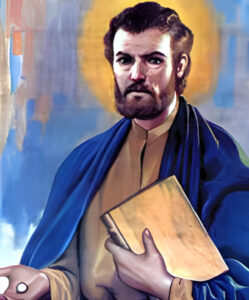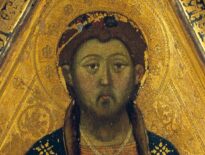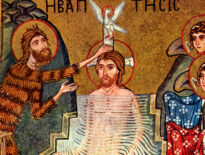
Father Perry D. Leiker, pastor.
A reflection on the daily readings, for the Feast of St. Matthias, apostle, by Father Perry.
By Father Perry D. Leiker, pastor
+ On this feast of St. Matthias, apostle, we have two very different types of writings in the word.
In Acts, we get one of those very historical narrative kinds of writings in which Matthias was chosen by lots. This process is similar to people drawing from some container toothpicks or anything in which all are of the same size, and there is one that is shorter than all of the others. Whoever gets that shorter one is the lucky or unlucky person — depending on the reason for their selection.
In this case, it was to replace the apostle and traitor, Judas.
There were two contenders: Joseph (also called Barsabbas, and also known as Justus); and Matthias.

St. Matthias.



